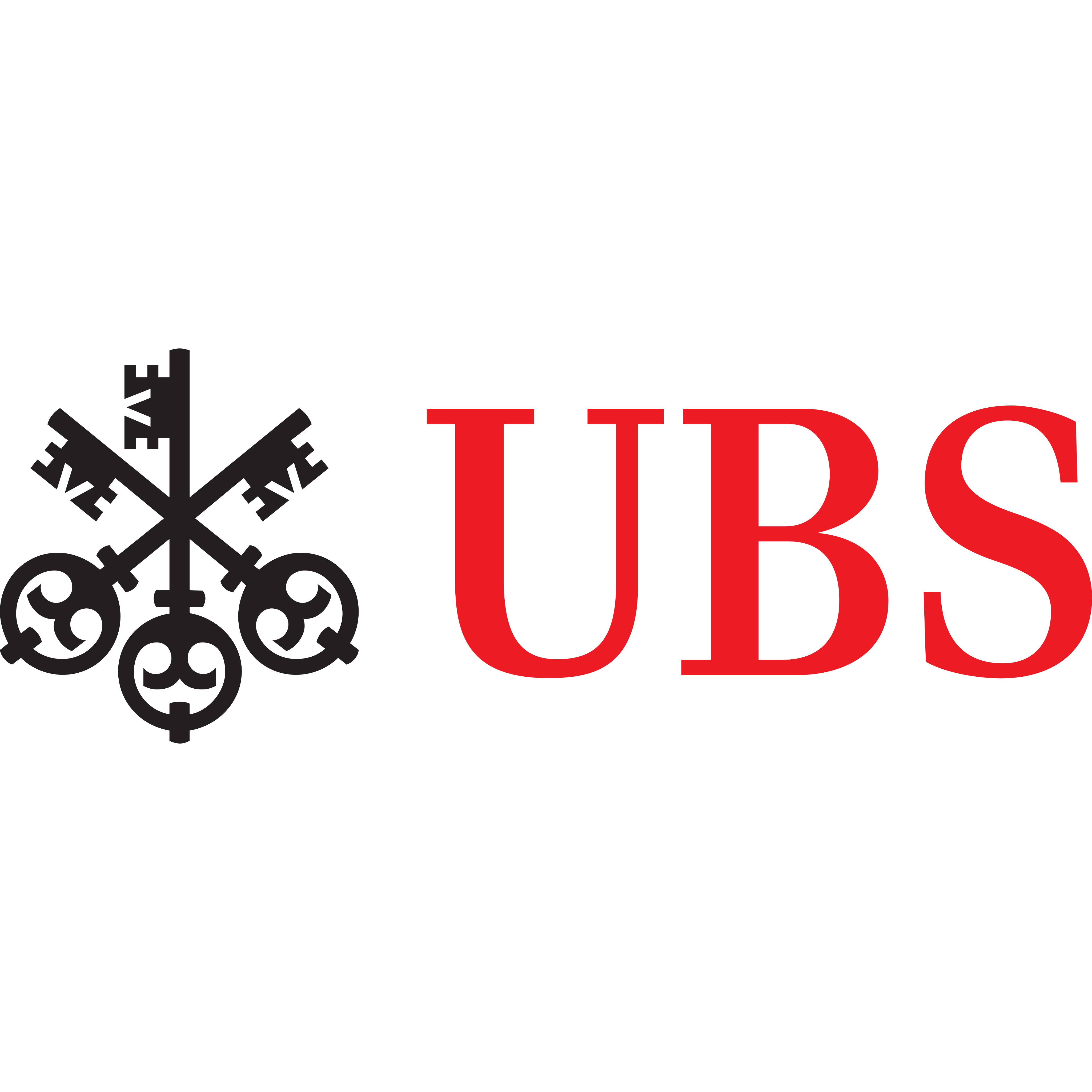UBS stepping in to buy Credit Suisse at cut price over the weekend did little to reassure European banking ETFs as question marks remain over divisional sell-offs, job cuts and conditions on the deal posing additional uncertainty for the sector.
Even after a deal meant to prevent a systemically important bank from imploding, strategies such as the $1.1bn iShares STOXX Europe 600 Banks UCITS ETF (EVX1) fell as much as 4% on Monday morning.
Today’s slide adds to a -11.2% returns for EVX1 in the week to 17 March while rival products including the $238m Invesco STOXX Europe 600 Optimised Banks UCITS ETF (X7PP) and $49m Amundi ETF MSCI Europe Banks UCITS ETF (CBS) fell 11.8% and 10.8%, respectively.
The continued fall of Europe bank sector ETFs on Monday follows news UBS agreed to acquire Credit Suisse for a discount rate of $3.25bn, valuing the company 99% below its all-time-high in 2007.
The deal saw Credit Suisse shares open 64% down on Monday while UBS fell 8.8%.
The Swiss National Bank (SNB) helped broker to acquisition and will provide a liquidity loan of up to $108bn to UBS while the Swiss government has granted a CHF9bn guarantee to cover potential losses from Credit Suisse businesses.
Despite these assurances, uncertainties remain as seen by bond investors, who the Swiss Financial Market Supervisory Authority (FINMA) warned will see $17bn of Credit Suisse AT1 or contingent convertible (CoCo) bonds priced to zero.
Also, while UBS chairman Colm Kelleher has already said he intends to “downsize” Credit Suisse’s investment banking business, it remains to be seen where a total of $8bn of cost cutting by 2027 will be enacted and how many Credit Suisse staff will be cut as a result.
Susannah Streeter, head of money and markets at Hargreaves Lansdown, commented: “UBS will not only have to accept the healthier parts of the business but its failing ones as well – particularly its investment division, which has been mired in crisis after crisis.
“It will now be looking to chop up and sell off big chunks of operations, to slim down in size, given that the combined balance sheet is twice the size of Switzerland’s economy.”
There are also conditions attached such as the Material Adverse Change clause allowing UBS to walk away from the deal if Credit Suisse credit default swaps (CDS) – the cost of insuring against default – jump by 100 basis points.
Last week, the Swiss bank’s CDS jumped to their highest level since 2008, pricing in a 40% probability of default.
Streeter added: “As the shockwaves continue to ripple central banks have taken rear guard action to reduce the risks of contagion.
“They have coordinated currency swaps to enable the smooth flow of money around the world, to ensure financial institutions can easily tap into the dollars they need to operate.
“But as risk aversion grips the sector, the worry is that overall banks will become more cautious in their lending, which could be another blow for already fragile housing markets in particular.”








